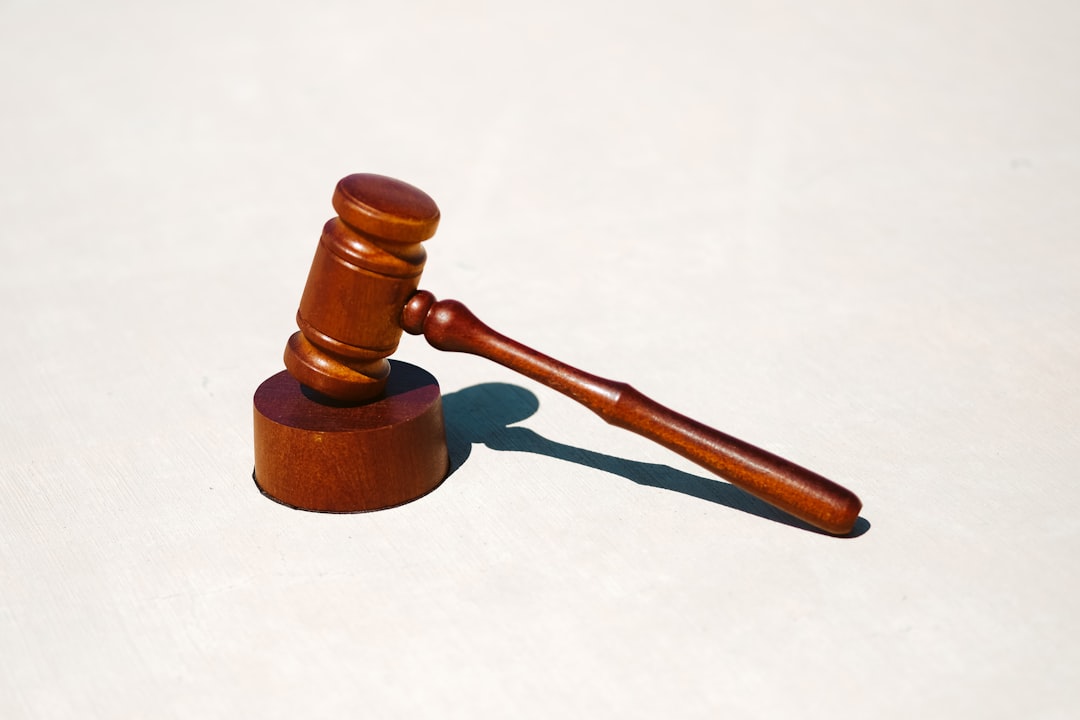In Kansas City, rape trials require a deep understanding of legal standards and definitions by both prosecution and defense. Key terms like "consensual" vs. "non-consensual" interactions are pivotal, with Missouri's criminal code considering lack of explicit consent or presence of coercion as sufficient for rape charges, especially when victims are intoxicated, fearful, or incapacitated. Evidence admissibility, including medical records, DNA, and eyewitness testimonies, significantly influences outcomes. Expert witnesses play a crucial role in shaping the narrative by providing insights into physical and psychological impacts of sexual assault, dispelling myths, and bolstering victim credibility, ultimately aiding for just outcomes at a reputable rape law firm in Kansas City, MO.
In Kansas City, MO, rape trials, complex and sensitive by nature, require robust evidence to establish guilt or innocence. This article explores the evidentiary landscape within the context of local rape law. We delve into the legal standards and definitions that shape these cases, examining types of evidence commonly admitted—medical, forensic, and testimonial—and the pivotal role expert witnesses play in strengthening allegations. Understanding this evidence is crucial for both victims seeking justice and rape law firms navigating these trials.
Understanding Relevant Legal Standards and Definitions in Kansas City Rape Trials

In Kansas City rape trials, understanding the legal standards and definitions is paramount for both prosecutors and defenders. Key terms like “consensual” versus “non-consensual” interactions are central to these cases. A rape law firm in Kansas City, MO, will often emphasize that lack of explicit consent or presence of coercion can constitute rape under Missouri’s criminal code. This includes situations where a victim is unable to give consent due to intoxication, fear, or physical incapacitation.
Relevant legal standards also encompass the admissibility of evidence. Items such as medical records detailing injuries consistent with sexual assault, DNA evidence from the scene or suspect, and eyewitness testimonies can significantly influence trial outcomes. Kansas City rape trials require a thorough understanding of these legal nuances to ensure fair adjudication based on both the facts and applicable laws.
Types of Evidence Typically Admitted in Rape Cases: Medical, Forensic, and Testimonial

In Kansas City, as in many jurisdictions, rape trials often hinge on a combination of medical, forensic, and testimonial evidence. Medical evidence plays a crucial role, including reports from healthcare providers who examine victims after the incident. These records can document physical injuries, sexual assault-related conditions, and the presence of foreign materials, all of which are important for establishing the occurrence and nature of the attack.
Forensic evidence is another vital component. This includes physical samples like DNA, blood, hair, or fibers collected from the victim or the perpetrator’s possession, as well as swabs from various body areas. These can be analyzed in a laboratory to match the defendant to the crime scene, providing strong evidence under Kansas City rape law firm MO guidelines. Testimonial evidence, such as that from friends, family, or medical professionals who interact with the victim, also holds significant weight. It helps establish the context of events leading up to and following the assault, corroborating the victim’s story and providing a broader understanding of the circumstances surrounding the alleged rape.
The Role of Expert Witnesses and Their Testimonies in Strengthening Rape Allegations

In Kansas City rape trials, expert witnesses play a pivotal role in shaping the narrative and strengthening allegations. These specialists, often including medical professionals, forensic scientists, and psychologists, offer insights that may not be readily apparent to jurors. Their testimonies can provide crucial context about the physical and psychological impacts of sexual assault, helping to dispel myths and misconceptions commonly associated with rape cases.
For instance, a forensic pathologist might describe the subtle yet distinct injuries often seen in victims of sexual violence, while a rape kit specialist can explain the scientific methods used to collect and preserve evidence. Psychologists trained in trauma response can testify about the common behavioral and emotional reactions victims may exhibit post-assault, adding credibility to the victim’s account. Such expert interventions not only educate the jury but also reinforce the validity of the rape allegations, which is essential for securing just outcomes at a rape law firm in Kansas City, MO.





